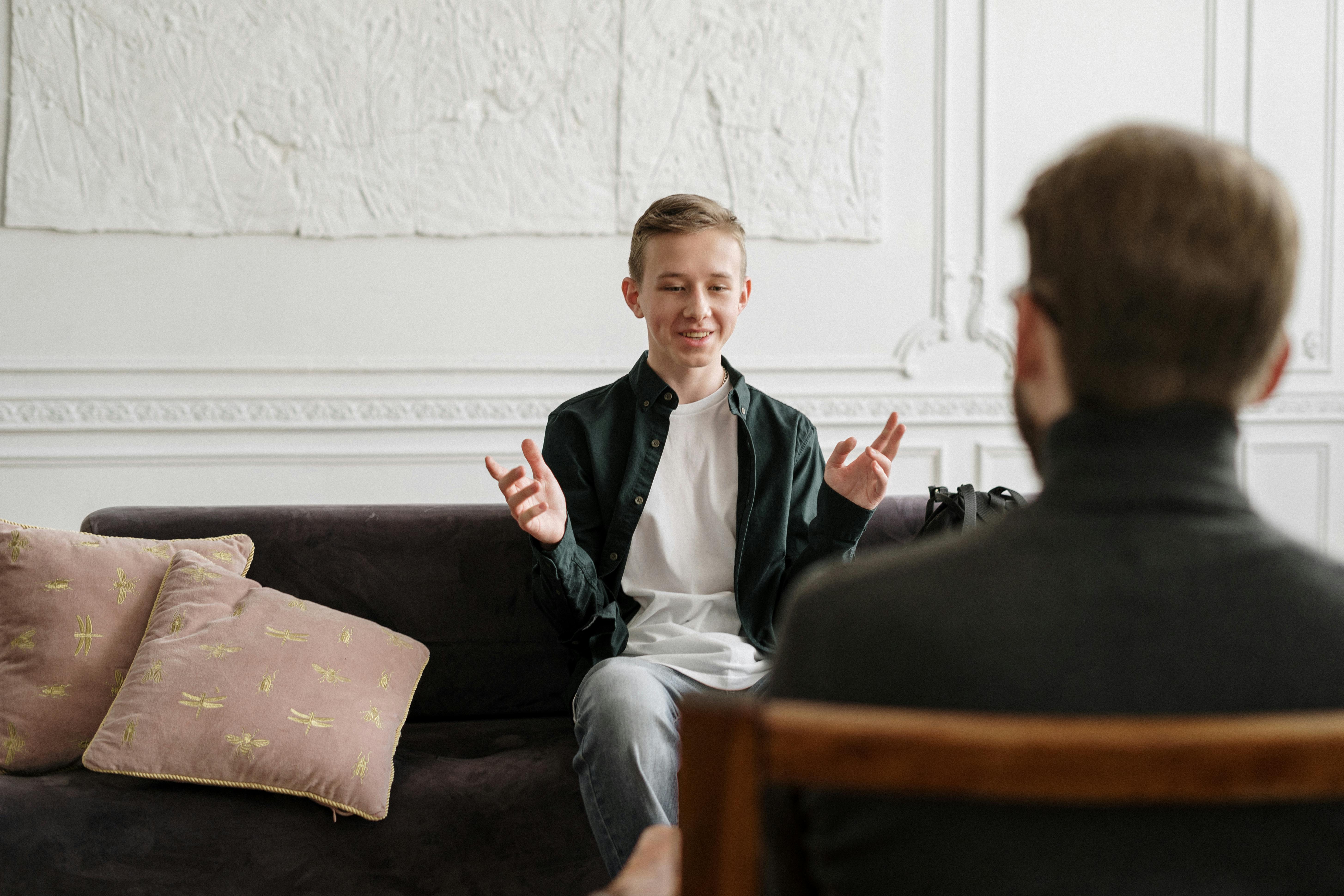"Loving and grieving are two sides of the same coin: we cannot have one without risking the other." – Colin Murray Parkes
Love and grief truly are a package deal. To open our hearts to love is to also open ourselves to the possibility of loss. This can feel like an impossible bargain at times, yet it is also what makes love so profound.
It is important to recognize that all trauma carries elements of grief, but not all grief is traumatic. Grief is not limited to the loss of a loved one. It can show up in many forms: the end of a relationship, the loss of a job or opportunity, health struggles, or even transitions that force us to let go of what once was. These experiences can leave us feeling unmoored, anxious, and disconnected from joy.
Emerging from winter into spring often symbolizes new life and renewed energy. But sometimes, instead of feeling uplifted, we may feel stuck, withdrawn, or shut down. We may look at the blooming world around us and wonder why we can’t feel that same sense of renewal. These moments of disconnect are common in grief and loss and can overlap with depression and anxiety. It is not a failure—it is simply part of being human.
Each person navigates grief in their own unique way. Some may lean into talking and sharing; others may feel their emotions quietly and privately. There is no “right” way. What matters most is that we allow ourselves space and compassion in the process.
A therapist or counselor can walk alongside you in this journey—helping to name the emotions, untangle the “what if’s,” and provide tools to manage the waves of sadness, anger, or confusion that can accompany loss.
Understanding the stages of grief can offer perspective. These stages are not linear, nor do they unfold the same way for everyone. Think of them as a cycle rather than a straight line. The goal isn’t to “finish” grieving or to make it disappear, but rather to allow the experience to deepen, transform, and expand you.
David Kessler identifies six stages of grief that can serve as a guide:
Grief never fully disappears, but it does evolve. With time, support, and self-compassion, it can transform into a deeper appreciation of love, resilience, and meaning.
If you are navigating loss right now, please know: you do not have to do this alone. Reach out today for compassionate support as you work through the stages of grief and loss.
Kessler, D. (2019). Finding meaning: The sixth stage of grief. Scribner.
Kubler-Ross, E., & Kessler, D. (2005). On grief and grieving: Finding the meaning of grief through the five stages of loss. Scribner.
Parkes, C. M. (2009). Love and loss: The roots of grief and its complications. Routledge.
Worden, J. W. (2018). Grief counseling and grief therapy: A handbook for the mental health practitioner (5th ed.). Springer Publishing Company.
American Psychological Association. (n.d.). Grief: Coping with the loss of your loved one. Retrieved from https://www.apa.org/topics/grief
Stay informed about the latest research in psychology.

Is your teen struggling with impulsive choices? Understand the science of the "impulse gap" and how NOJOS Therapist Clint Okamoto provides specialized Level 1 & 2 care at Atium Health.

Discover how to navigate conversations about porn use without shame. Learn to use "I" statements, regulate your nervous system, and rebuild trust through transparency and professional support.

Atium Health provides NOJOS certified therapy for youth in Levels 1 and 2. Led by Clint Okamoto; we offer clinical expertise and empathetic outpatient support.